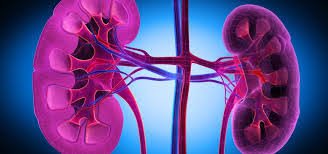A recent report by the Maritime Anti-Corruption Network (MACN) has exposed the alarming extent of corruption in Nigeria’s maritime sector, revealing that the country is losing a staggering $204 million annually in gross domestic product due to bribery demands.
According to the report titled ‘The cost of maritime corruption to the industry and society sighted by Africa Health Report on Friday, it was noted that Nigeria is suffering from 235,000 fewer full-time jobs as a result of this rampant corruption.
The report estimates that the cost of corruption for bulk and food products alone amounts to approximately $160 million per year, leading to an extra 15% charge on transport and logistics costs for critical imports.
The consequences of this corruption are far-reaching, with the private sector bearing the brunt of the burden through price hikes that impact the average Nigerian family. As a result, there is reduced consumption, lower sales, and a negative impact on GDP, customs revenue, and job creation.
It read, “The likelihood of a delay also forces Nigerian retailers to hold extra stock on hand so that they do not run out if their latest shipment is held in port, increasing the cost of doing business across the entire Nigerian economy,” the report noted
It added that with 63 per cent of Nigerians or 133 million people classified as multidimensionally poor, most Nigerian families do not have a budget surplus.
“Increased import costs due to corruption are therefore likely to reduce their household demand and make essential goods less affordable.
“Corruption adds $147,000 per import shipment of grain and more than $187,000 per shipment of petrol. However, food and petrol account for around a third of Nigeria’s imports,” it declared.
However, the report also underscores the potential for positive change through a zero-tolerance approach to bribery during vessel clearance. By cutting corruption costs per shipment, the economic impact could be significantly reduced, leading to increased GDP, customs revenue, and job creation.


